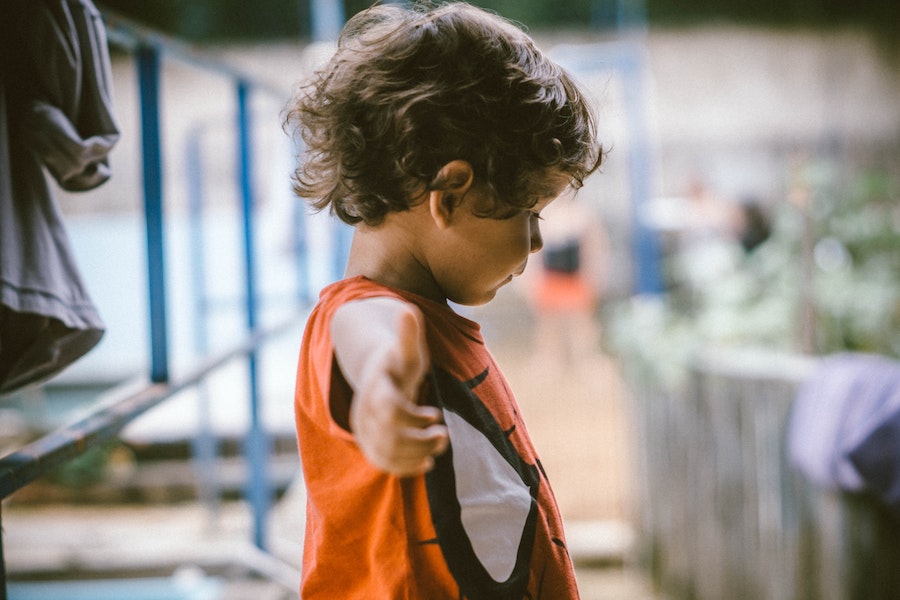
To help someone who is being bullied, support the person and address the bullying behavior. Other ways to help—including what to do if a person is in immediate danger—are listed below.
Support a child who is being bullied:1
- You can listen to the child and let him or her know you are available to talk or even help. A child who is being bullied may struggle talking about it. Consider letting the child know there are other people who can talk with him or her about bullying. In addition, you might consider referring the child to a school counselor, psychologist, or other mental health specialist.
- Give the child advice about what he or she can do. You might want to include role-playing and acting out a bullying incident as you guide the child so that the child knows what to do in a real situation.
- Follow up with the child to show that you are committed to helping put a stop to the bullying.
Address the bullying behavior:1
- Make sure a child whom you suspect or know is bullying knows what the problem behavior is and why it is not acceptable.
- Show kids that bullying is taken seriously. If you know someone is being a bully to someone else, tell the bully that bullying will not be tolerated. It is important, however, to demonstrate good behavior when speaking with a bully so that you serve as a role model of good interpersonal behavior.
The “Bullying: Be More Than a Bystander” resource, which includes a presentation and facilitator’s guide, seeks to educate people about taking action against bullying. It suggests you can help someone who is being bullied in the following ways:2
- Be a friend to the person who is being bullied, so they do not feel alone.
- Tell a trusted adult if you see someone being bullied.
- Help the person get away from the bullying without putting yourself at risk.
- Don’t enable bullying by providing an audience.
- Set a good example by not bullying.
If you feel that you have taken all possible steps to prevent bullying and nothing has worked, or someone is in immediate danger, there are other ways for you to help.3
| The problem | What you can do |
|---|---|
| A crime has occurred or someone is at immediate risk of harm. | Call 911. |
| Someone is feeling hopeless, helpless, or thinking of suicide. | Contact the National Suicide Prevention Lifeline online or at 1-800-273-TALK (8255). This toll-free call goes to the nearest crisis center in a national network. These centers provide crisis counseling and mental health referrals. |
| Someone is acting differently, such as sad or anxious, having trouble completing tasks, or not taking care of themselves. |
Find a local counselor or other mental health services. |
| A child is being bullied in school. | Contact the:
|
| Child is being bullied after school on the playground or in the neighborhood |
|
| The child’s school is not addressing the bullying | Contact the:
|
Table modified from http://www.stopbullying.gov/get-help-now/index.html3



